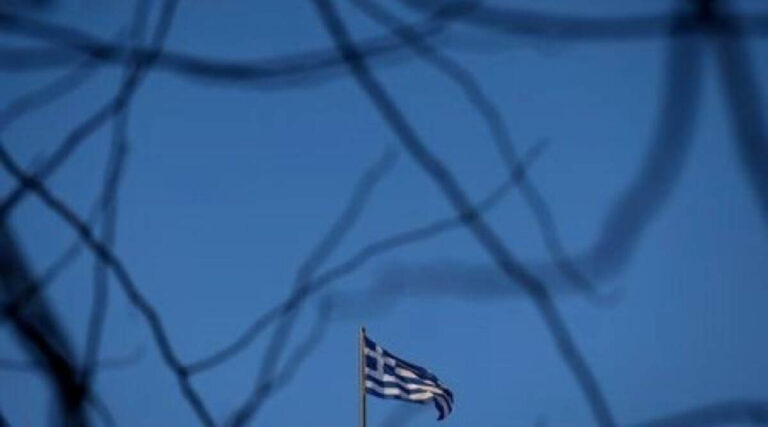Greece on Monday announced plans to sell a 20 percent stake in the National Bank of Greece (NBG) after concluding the sale of a 9 percent stake in Alpha Bank to UniCredit.
The shares in NBG, Greece’s second-largest bank by market value, will be sold via a public offering and a private placement from Nov. 14 to 16 at between 5 and 5.44 euros per share, the Hellenic Financial Stability Fund (HFSF) said in a statement.
The HFSF, a state-controlled bank bailout fund, acquired stakes in Greece’s biggest lenders in return for injecting about 50 billion euros to recapitalize them during the country’s financial crisis. It currently holds a 40.4 percent stake in NBG and a 27 percent stake in Piraeus Bank, Greece’s third-largest lender.
“Out of the 20% holding, 17% will be offered to funds and 3% to retail investors. If there is strong demand, then HFSF might increase the stake to be offered to 22%,” an official involved in the process told Reuters.
Greece sells stake in Alpha Bank
Earlier on Monday, HFSF said it sold its 9 percent stake in Alpha Bank to UniCredit for 293.5 million euros after an improved bid from the Italian bank. As part of the deal, it also agreed to acquire most of Alpha’s Romanian business for 300 million euros.
Greece has been attracting significant investment as its economy strengthened after the crisis, prompting Standard & Poor’s to upgrade the country to investment grade in October.
S&P became the first among the “big three” rating agencies to raise the country’s local and foreign currency long-term issuer ratings to ‘BBB-/A-3’, with a stable outlook, citing a stronger budgetary position.
The other two agencies, Fitch and Moody’s, rate the country one notch below investment grade. DBRS Morningstar upgraded Greece’s rating to investment grade BBB (low) last month.
The one-notch upgrade from BB+ to BBB- is expected to significantly boost market confidence in the Greek economy, attracting investment and lowering borrowing costs.
Explaining its decision, S&P said that “significant budgetary consolidation has placed Greece’s fiscal trajectory onto a firmly improving track.” Supported by a very rapid economic recovery, the Greek government has been able to regularly outperform its own budgetary targets despite gradually increasing social transfers, it adds.
“We expect the government will achieve a primary surplus of at least 1.2% of GDP this year, exceeding its 0.7% target, even considering the material budgetary cost associated with the recent wildfires and floods,” it was said.
Securing investment grade was a key target for Prime Minister Kyriakos Mitsotakis, who won a second term in office in a landslide election victory in June.
Source: Greek Reporter







